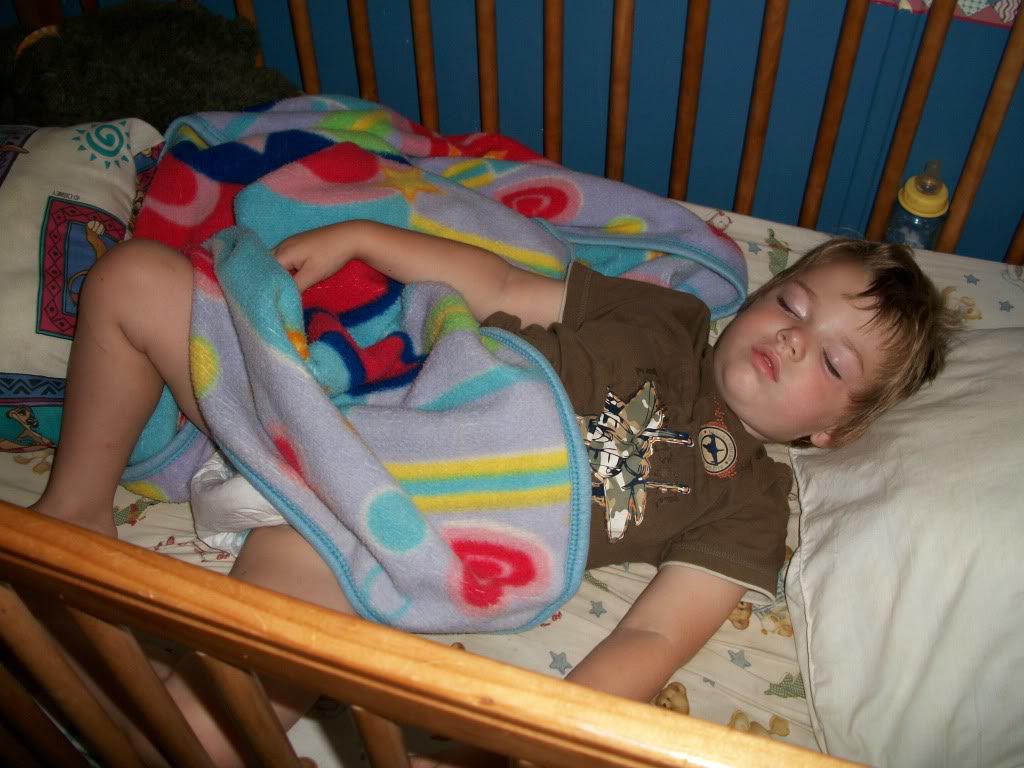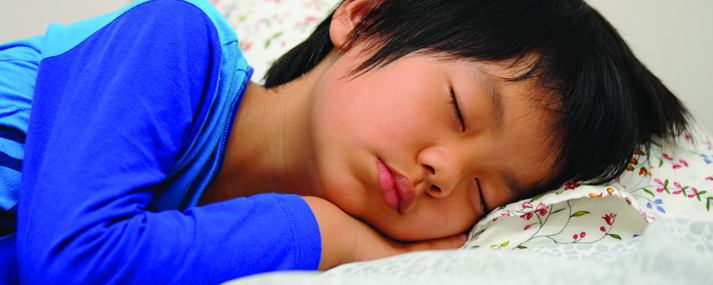One of the most stressful times in any parent’s life is bedtime (second only to waking-up-and-getting-out-the-door time). Is it too much to ask if a child will just peacefully go to bed and go to sleep when the clock tells them to? Well… yes.
Our bodies are naturally programmed to go to sleep after a number of hours of activity. The active hours are 2 to 4 for newborns, and grow to anywhere to 6 to 10 hours by the time they are a year old. They seem to max out at about 16 hours in adulthood and start to decrease again as we enter old age.
So, if our bodies are naturally sleepy, why can’t our children just fall to sleep? Unfortunately, their systems are hard-wired for safety. A child left alone in the wild is a child in danger. So, an infant will cry when it is left alone. Children who are left to “cry-it-out” sometimes become more fearful and clingy as they grow. Children who grow up sleeping with their parents are sometimes more secure in their attachment and have an easier time separating from their parents as they grow.
Older children resist bedtime, because they want to keep on being active and having fun. They may feel like parents have a party once the children are in bed, and they don’t want to miss out. They also associate later bedtimes with growing up, and they want to hurry the process along.

The key to a successful bedtime routine is the word “routine”. Every bedtime should be virtually the same. However, the routine will vary widely from house to house. What works in one family may not go so well in another one. Here is a sample bedtime routine:
- 2 hours before sleep: Give the half-hour warning: “It’s time to pick up our toys and get ready for bed.” Join in with the children in their clean up. Make a game out of it – set a time for 3 minutes and see if you can get the blocks in their bin before the timer goes off. Set the timer again for another toy set.
- 1 ½ hours before sleep: Brush Teeth (adults and children together) while the bath water is running. Then have the children take a nice warm bath.
- 1 hour before sleep: Read books. Have a pre-determined number of books to read so that the children do not beg for additional books. Make sure the books are conducive to sleep. (No action-packed thrillers.) Practice using a monotonous, drowsy voice as you read.
- ½ hour before sleep: Climb into bed with them and cuddle. Talk about their day (continuing to use your drowsy voice). If it is your custom, say a prayer thanking God for all their blessings. Turn on music or an audio book to help relax and calm your child. If possible, stay with them until they fall naturally to sleep.

This is a difficult question, because it is different for every child. The best way to establish a good bedtime is to have a set waking up time. Get up at the same time every morning, and notice when the child becomes sleepy. Some children can stay awake until 9:00 and still wake up at 6:30 naturally. Other children need an earlier bedtime to be functional at that time of the morning.
And here is the bad news: It is healthiest for everyone concerned if you stick to the same wake-up time, even on weekends and holidays. This is not to say you NEVER get to sleep in, but your natural circadian rhythms have a harder time when you change times often.

The good news is that most children do sleep longer than adults do. But only an hour or two. It is very important that you continue to have bonding time with your spouse or partner, if you have one. It is also necessary that we all have some “alone” time during the day. But recognize that these times are hard to come by with small children, so treasure them when they happen. Try not to use up this valuable time with mindless activity like television, or stimulating activity like housework or laundry. Studies have shown that probably the worst thing you can do for restful sleep is to watch television news right before bed. Instead, read a book, cuddle with a partner to talk about your day, or just relax with an adult beverage as you listen to the night sounds.

